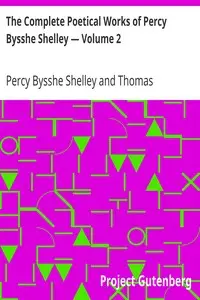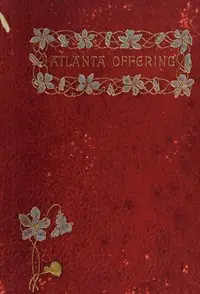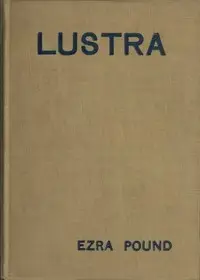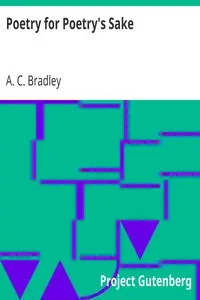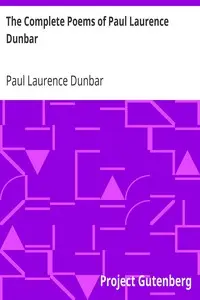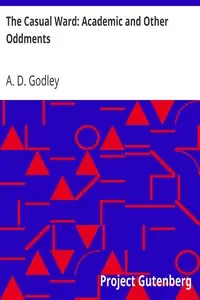"Peter Bell the Third" by Percy Bysshe Shelley is a funny poem from the Romantic period that makes fun of society, especially how people act morally, their religious beliefs, and the fake nature of being famous. The poem tells the story of Peter Bell, a very boring person, as he goes through crazy situations that send him to a version of hell that shows our world's problems. Peter struggles with himself and the world around him, changing from a questionable person morally to someone who wants to be better. Shelley uses Peter's run-ins with the devil and criticism of people to point out how much he dislikes hypocrisy, showing that real "hell" is the moral failures of people and communinty and not a make-believe place. What he does shows our world and what it might be like.
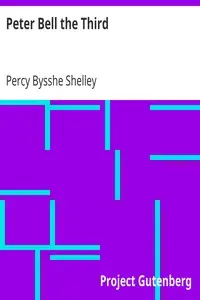
Peter Bell the Third
By Percy Bysshe Shelley
Witness a dull man's hilarious and eye-opening trip to a version of hell that mirrors our imperfect world.
Summary
About the AuthorPercy Bysshe Shelley was an English writer who is considered one of the major English Romantic poets. A radical in his poetry as well as in his political and social views, Shelley did not achieve fame during his lifetime, but recognition of his achievements in poetry grew steadily following his death, and he became an important influence on subsequent generations of poets, including Robert Browning, Algernon Charles Swinburne, Thomas Hardy, and W. B. Yeats. American literary critic Harold Bloom describes him as "a superb craftsman, a lyric poet without rival, and surely one of the most advanced sceptical intellects ever to write a poem."
Percy Bysshe Shelley was an English writer who is considered one of the major English Romantic poets. A radical in his poetry as well as in his political and social views, Shelley did not achieve fame during his lifetime, but recognition of his achievements in poetry grew steadily following his death, and he became an important influence on subsequent generations of poets, including Robert Browning, Algernon Charles Swinburne, Thomas Hardy, and W. B. Yeats. American literary critic Harold Bloom describes him as "a superb craftsman, a lyric poet without rival, and surely one of the most advanced sceptical intellects ever to write a poem."

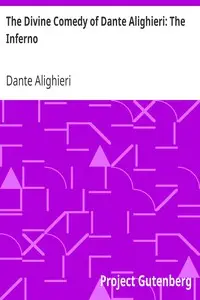
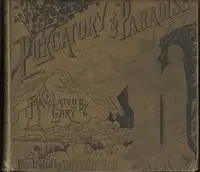
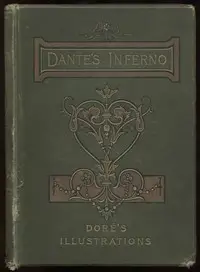
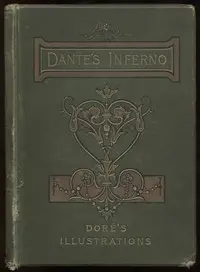
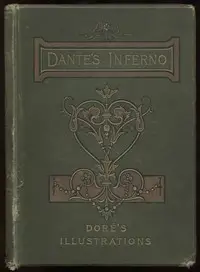
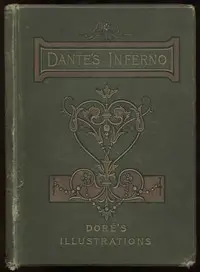
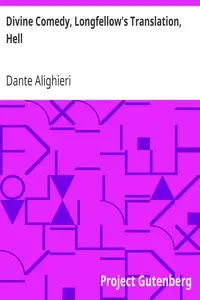
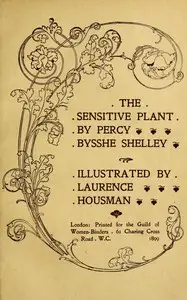
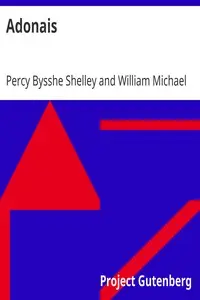
![The Prose Works of Percy Bysshe Shelley, Vol. 1 [of 2] by Percy Bysshe Shelley](https://cdn.a2-host.cloud/Mj1FeLags-X4KjNGmLV22-gllqKOcsvwDOz1w2-8-q0/rs:fill:215:325:0/g:ce/aHR0cHM6Ly9zcC1hc3NldHMuczMudXMtd2VzdC0wMDQuYmFja2JsYXplYjIuY29tL2Jvb2svNjc5MjUvVGhlX1Byb3NlX1dvcmtzX29mX1BlcmN5X0J5c3NoZV9TaGVsbGV5X1ZvbF8xX29mXzJfY292ZXIuanBn.webp)
![The Prose Works of Percy Bysshe Shelley, Vol. 2 [of 2] by Percy Bysshe Shelley](https://cdn.a2-host.cloud/N5mkWLLMME8fsj53C1cwpEjUdDWU-6Y0rYa0VHN1zFM/rs:fill:215:325:0/g:ce/aHR0cHM6Ly9zcC1hc3NldHMuczMudXMtd2VzdC0wMDQuYmFja2JsYXplYjIuY29tL2Jvb2svNjc5MjYvVGhlX1Byb3NlX1dvcmtzX29mX1BlcmN5X0J5c3NoZV9TaGVsbGV5X1ZvbF8yX29mXzJfY292ZXIuanBn.webp)
